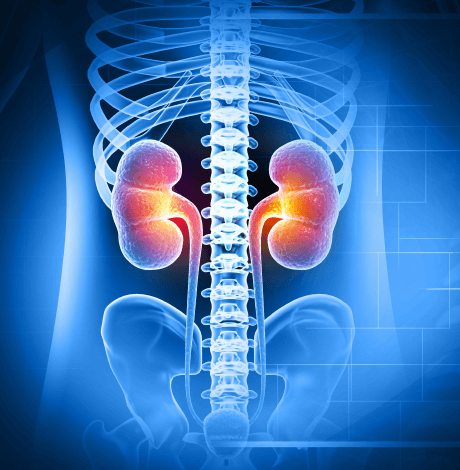
Kidney Stone Treatment at Yashoda Hospitals
Kidney stones or renal calculi refer to the formation of a hard, crystalline mineral material within the kidney or urinary tract. It can cause blood in the urine and be very painful when passing through the urethra. Though painful, kidney stones are not dangerous. Depending upon the location of the stones, such as Nephrolithiasis (stones are present in the kidney), Urolithiasis (stones in the urinary tract or bladder) Ureterolithiasis (stones are located in the ureters).
Yashoda Hospitals offers the best kidney stone removal treatment based on the size and placement of the stone. We have one of the best teams of kidney stone treatment doctors, who are highly specialized in treating extracorporeal shockwave lithotripsy, ureteroscopy, percutaneous nephrolithotomy, and open surgery. Our non-invasive procedures offer the patient advanced care and quick recovery time.
What’s the current cost of a kidney stone operation in India?
Depending on various factors, such as the type of surgery, duration of the hospital stay, expertise of the surgeon, etc., the cost of a kidney stone operation ranges from Rs. 45,000 to Rs. 1,80,000. It costs approximately Rs. 1,29,600.




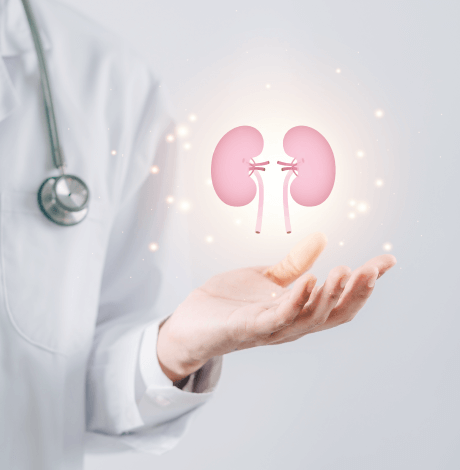
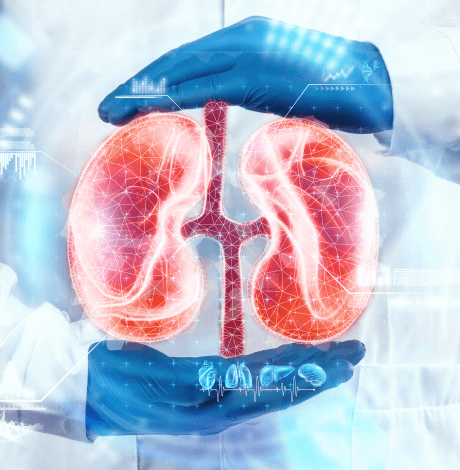
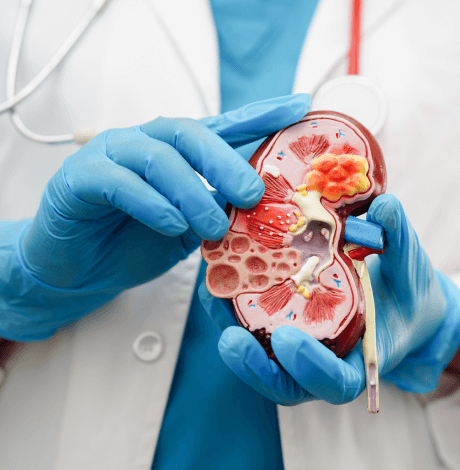
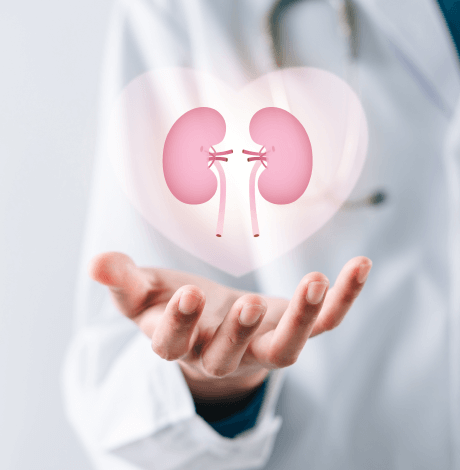
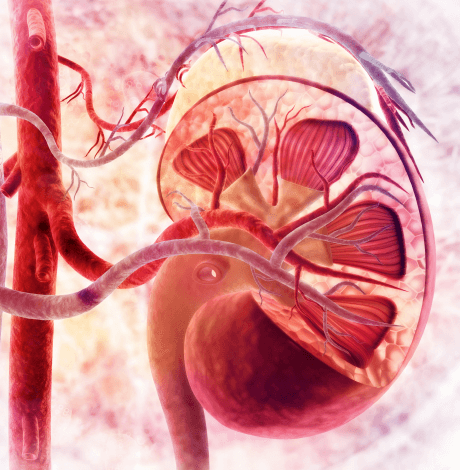
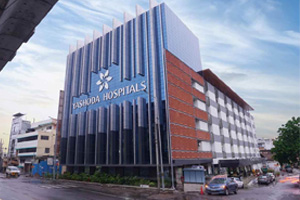
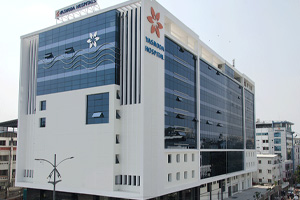
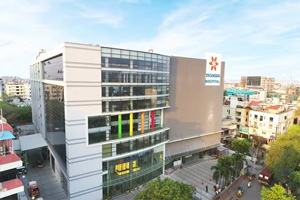
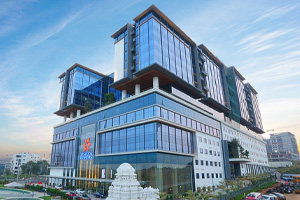
 Appointment
Appointment WhatsApp
WhatsApp Call
Call More
More

